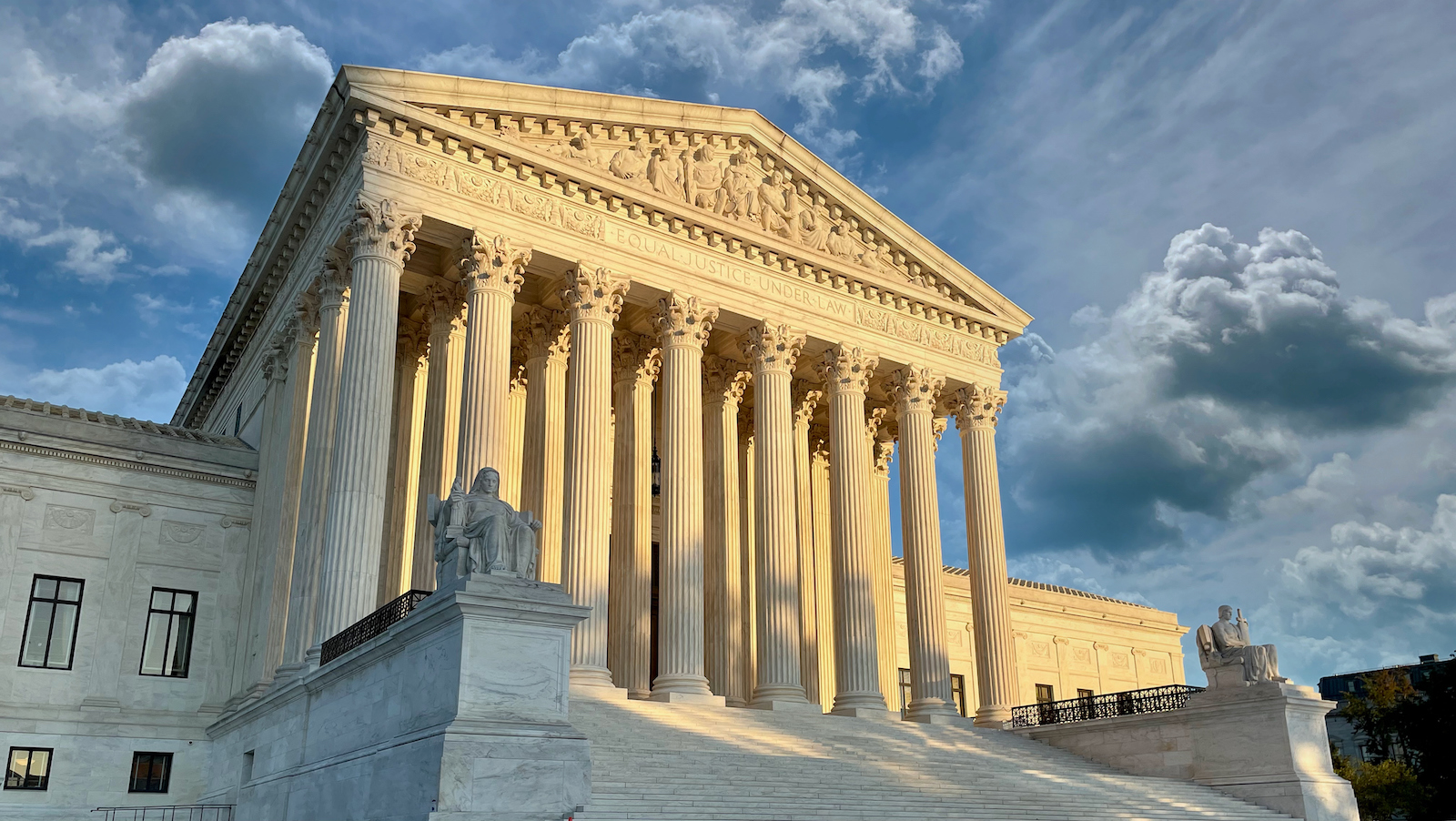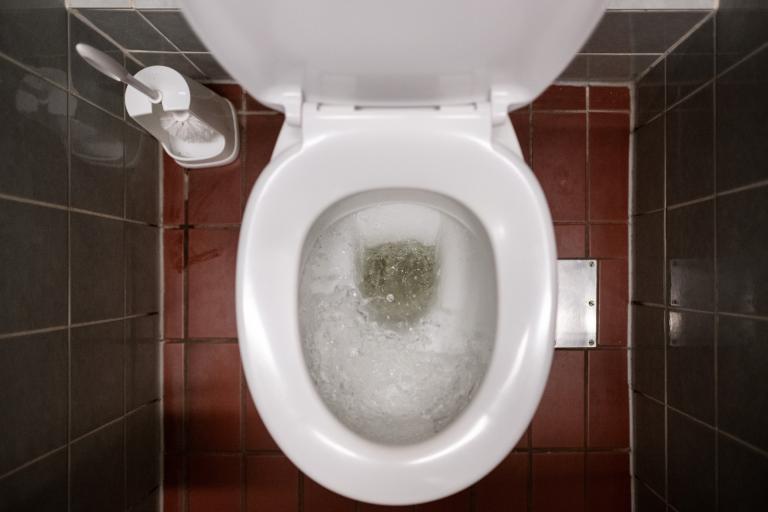The Supreme Court rejected a challenge to the “social cost of carbon,” one of the most important calculations in U.S. climate policy, on Tuesday. The controversial metric attempts to quantify the hidden price of emitting carbon dioxide, from flood damage to health effects. The court’s surprise decision sets the stage for the Biden administration to broaden the metric’s use across federal agencies when formulating climate-related regulations.
One of President Joe Biden’s very first executive orders in January 2021 directed agencies to recalculate the social cost of carbon — currently placed at $51 a ton while the government finalizes its revised estimate. In the meantime, Republican state attorneys general have been flinging lawsuits at the administration in an attempt to block its ability to use the metric in evaluating regulations.
But their plans were thwarted by Tuesday’s order from the conservative-dominated Supreme Court. Without any explanation, the justices declined to hear Missouri v. Biden, a case in which 12 states alleged that Biden’s executive order violated the constitutional separation of powers. A federal appeals court ruled last year that the states suing over the use of the estimate didn’t have legal standing because they couldn’t show they’d been harmed by the way agencies had applied the metric.
It’s the second time the Supreme Court has declined to take up a challenge to the social cost of carbon. Last year, the justices blocked a similar request led by Louisiana.
The social cost of carbon is likely to have cascading effects on agriculture, power plants, oil and gas leases, and more. That’s because federal agencies have to weigh the costs and benefits of any regulation they adopt. If the government accounts for the true costs of emitting greenhouse gases — lost lives, dying crops, homes swallowed by rising seas — then decisions that result in more carbon emissions start to look a lot more expensive, while those that reduce emissions look like a smart deal.
The Obama administration, the first to require agencies to use this metric in assessing rules, placed the social cost of carbon at $43 a ton — a move that helped justify things like stronger emissions standards for vehicles. The Trump administration calculated the number differently and, in typical fashion, slashed the number down to a couple bucks per ton. Last year, the Environmental Protection Agency proposed $190 a ton, nearly four times higher than the estimate the Biden administration currently uses. (The EPA’s number is in line with estimates from independent experts.)
Because the social cost of carbon is so influential in developing climate policy, some Republicans consider it a paragon of the “radical climate agenda.” In response to the Supreme Court’s rejection of Missouri’s challenge, Andrew Bailey, the state’s attorney general, vowed to “continue to combat government overreach at every turn.”
Analysts say the fight isn’t over yet. In a note to clients, the research firm ClearView Energy Partners said the ruling doesn’t preclude states — or anyone else — from suing over specific agency actions and rules that rely on the social cost of carbon, E&E News reported.
In recent months, the White House announced that it was considering applying the social cost of carbon more broadly across agencies, in everything from annual budgets and permitting decisions to fines for violating environmental regulations. It represents a sea change in how the government approaches climate policy: For decades, policies to reduce emissions had been cast as an economic burden, a narrative propelled by oil industry-backed studies that made legislation look prohibitively expensive. Now, the frame has switched: Carbon emissions are viewed as the economic harm, and climate policy is the balm.




